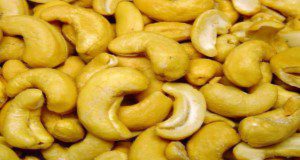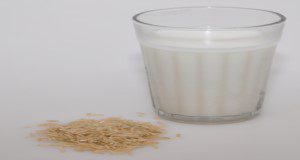The availability and consumption of plant-based milk alternatives have been on the rise. Sales of nondairy milk alternatives have more than doubled, whereas consumption of traditional cow’s milk has dropped. This increase may be due to plant-based milks being perceived as “natural,” as well as a rise in veganism and avoidance of lactose. The primary plant-based dairy alternatives are almond, soy, coconut, cashew and rice. This new 4-page publication of the UF/IFAS Food Science and Human Nutrition Department discusses the nutritional content, potential health benefits, and potential risks of cashew milk. Written by Jamie Zeldman, Daniela Rivero-Medoza, and Wendy J. Dahl.
https://edis.ifas.ufl.edu/fs413
Tag: fortification
Plant-Based Milks: Rice
Rice milk is a plant-based, nondairy beverage made primarily from milled rice and water. It is marketed as an allergy-friendly, easy-to-digest, vegan substitute for cow’s milk. Similar to other plant-based beverages, rice milk usually has an opaque white or beige color and creamy texture resembling that of cow’s milk. This new 4-page publication of the UF/IFAS Food Science and Human Nutrition Department describes how rice milk is made, its ingredients and nutrient profile, and potential health benefits and risks of consumption. Written by Meagan Lamothe, Daniela Rivero-Mendoza, and Wendy J. Dahl.
https://edis.ifas.ufl.edu/fs412

